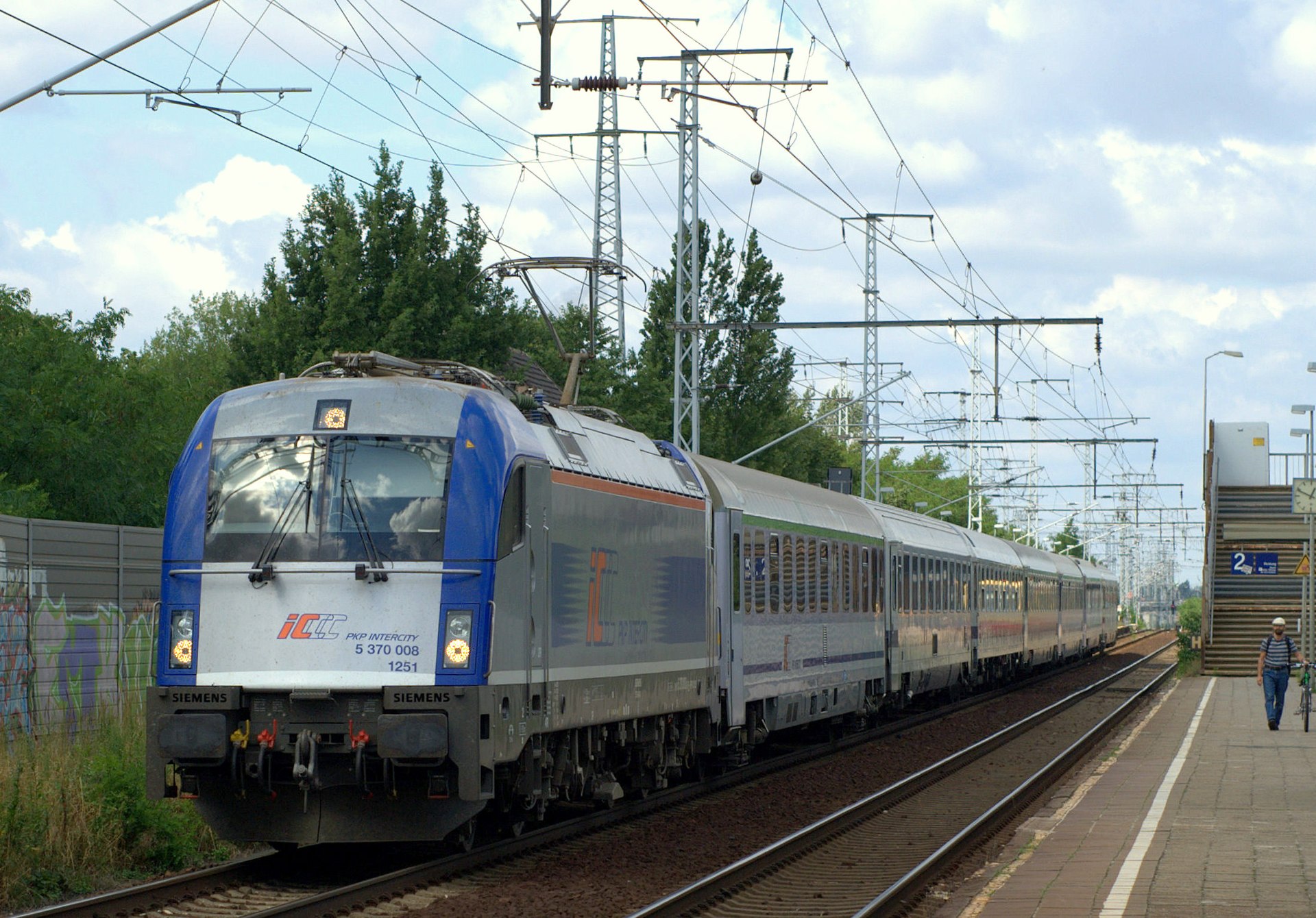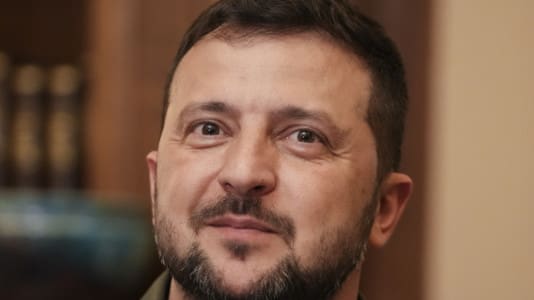A series of incidents on Poland’s railways has raised security concerns after a number of trains were halted by unauthorized “stop” radio-signal alarm directives, with concerns that Russia may have played some role in the incidents.
After the affected trains came to a halt, the Russian national anthem was played together with a fragment of a speech by Russian President Vladimir Putin. Two arrests have been made, but so far it is unclear if the two arrested have any affiliation with Russia.
Poland’s Internal Security Agency (ABW), along with the police and rail company officials, has launched an investigation into the signals being sent to trains in several parts of the country.
On Aug. 26, an unauthorized signal halted trains near the city of Szczecin, although there was no danger to passengers. Earlier in the week, a freight train and regional passenger train were involved in a minor collision and an inter-city train was derailed in the northeast of Poland.
Another case, in the northwest, took place the following day, leading to the halt of a freight train but causing no disruption to passenger trains. There have also been reports of similar incidents in northeastern Poland and in the Baltic region close to the city of Gdańsk. These did cause some minor passenger-traffic delays.
Two men aged 29 and 24 were detained on Aug. 27 in Białystok in northeastern Poland for sending unauthorized radio signals on frequencies used by the rail system. Despite that, after the two men were picked up, there were further reports of such incidents in the southwestern city of Wrocław.
Deputy Interior Minister Paweł Szefernaker told radio news station RMF FM that these incidents were probably targeted at producing a feeling of insecurity and destabilizing Poland before the coming election. He added that in a world of cyberattacks, such interventions were going to take place and that both the government and the people must become resilient enough to resist them, especially when they affect strategic infrastructure such as the railways.






